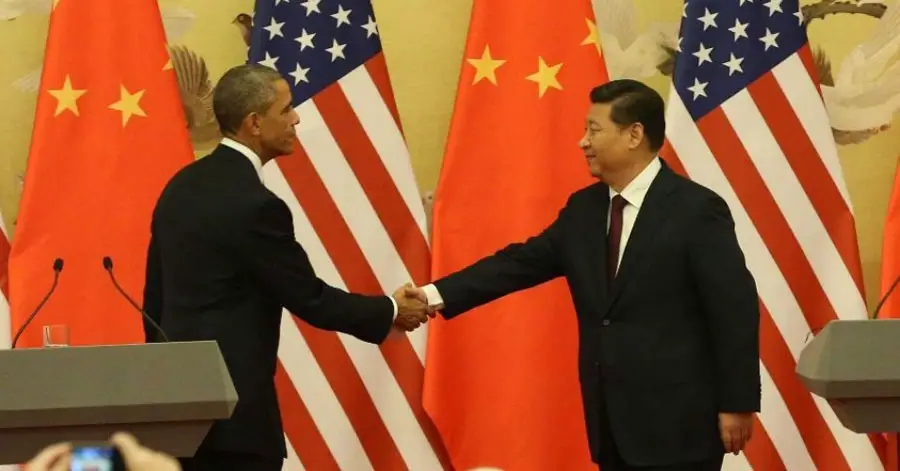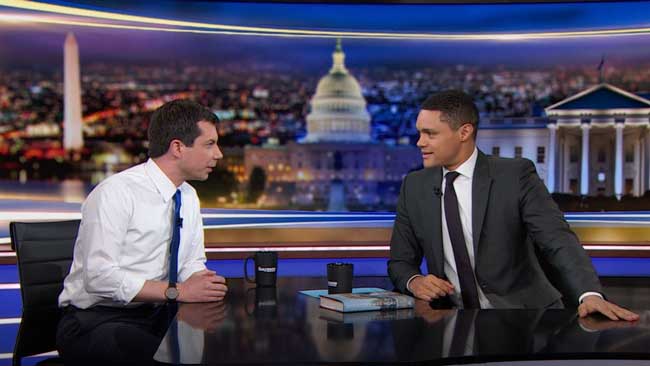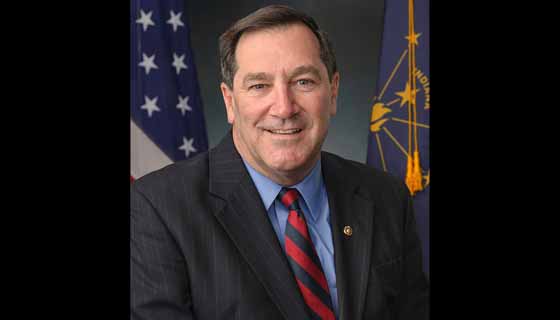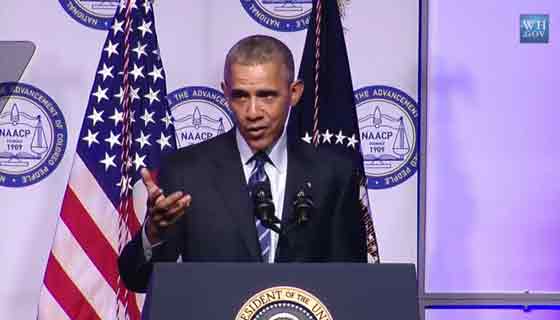After months of secret negotiations, a surprise joint announcement by U.S. President Barack Obama and Chinese President Xi Jingping revealed the world’s two largest contributors to global warming have made a non-binding agreement to reduce their greenhouse gas emissions over the next fifteen years and stated their hope that such pledges will spur other nations to follow suit ahead of next year’s international climate talks in Paris.
Though termed a “historic agreement” by President Obama and a “game changer” by others who noted the importance of the two economic giants putting forward these commitments, other green campaigners warned against giving the non-binding and amorphous agreement more credit than it deserves.
According to a statement on the deal from the White House, the U.S. “intends” to reduce its emissions by 26 to 28 percent “below its 2005 level in 2025” and “to make best efforts” to meet the higher target. Meanwhile, “China intends to achieve the peaking of CO2 emissions around 2030 and to make best efforts to peak early and intends to increase the share of non-fossil fuels in primary energy consumption to around 20 percent by 2030.”
As Ben Adler points out at Grist:
You might notice a lot of wiggle room in that language. There’s more. The White House release refers to these goals as statements of “intent.” They don’t promise or even “agree” to hit these targets, they merely “intend” to.
That may sound a little weak, but it’s necessary. Remember, foreign treaties require approval from a two-thirds supermajority of the U.S. Senate before they can be ratified. There’s no way Senate Republicans would vote for an emission-reduction treaty. But by merely jointly announcing with China their intentions, the Obama administration avoids signing an actual treaty. So the Senate can’t formally stop this agreement.
At the press conference in Beijing where the agreement was announced, Obama said, “As the world’s largest economies and greatest emitters of greenhouse gases we have special responsibility to lead the global effort against climate change. I am proud we can announce a historic agreement. I commend President Xi, his team and the Chinese government for their making to slow, peak and then reverse China’s carbon emissions.”
For his part, Xi Jinping added that China and the U.S. want to “make sure international climate change negotiations will reach agreement as scheduled at the Paris conference in 2015 and agreed to deepen practical co-operation on clean energy, environmental protection and other areas.”
Despite the positive development of mutual cooperation between the two countries that have stubbornly refused to make such emission reduction pledges in the past, climate campaigners reminded the public that when it comes to the science of global warming and climate change the devil continues to be in the details.
“Both sides have yet to reach the goal of a truly game-changing climate relationship,” said Nic Clyde, the senior climate and energy campaigner for Greenpeace Australia-Pacific. “There is a clear expectation of more ambition from these two economies whose emissions trajectories define the global response to climate change. Today’s announcements should only be the floor and not the ceiling of enhanced actions.”
This article originally appeared on Common Dreams.
————










